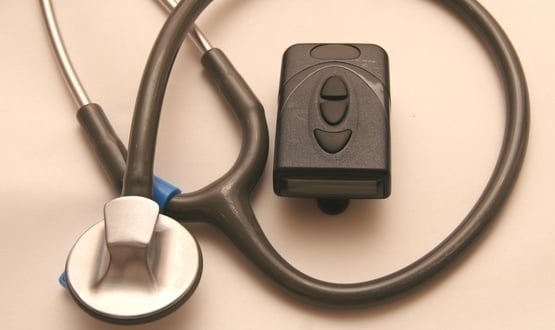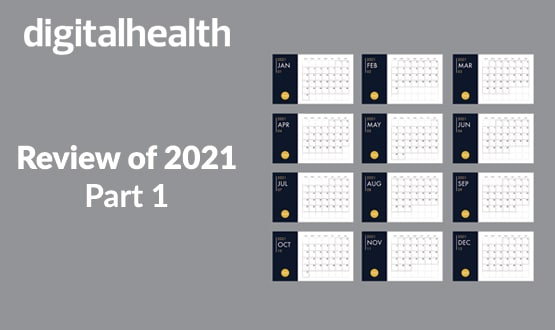Secretary of State for Health and Social Care wages war on pagers
- 23 February 2019

Following his ban on fax machines, Matt Hancock is now outlawing pagers.
NHS trusts will be required to phase out pagers by the end of 2021, with all hospitals expected to have plans and infrastructure in place to ensure this is possible by the end of September 2020.
Instead, staff are expected use modern alternatives, such as mobile phones and apps, which can deliver more accurate two-way communications at a reduced cost.
A pilot project was carried out at West Suffolk NHS Foundation Trust (WSFT), which is one of the Global Digital Exemplar (GDE) sites, in 2017 and led to saving junior doctors 48 minutes per shift and nurses 21 minutes on average.
WSFT medical director Nick Jenkins said: “As a global digital exemplar trust, we’re always keen to explore new digital opportunities that could improve experience for staff and patients
“There is scope for Medic Bleep to be used for everything from arranging shift cover to sharing patient observations. For us, it’s about a digital tool helping our communications to become more efficient. Contact with other clinicians can be made much more easily than with a physical bleep, and responses are much quicker.
“All that time we save can be spent caring for patients, so we benefit, but more importantly, our patients benefit too.”
This latest crusade against pagers follows Hancock’s ban on faxes in December 2018.
Hancock said: “Every day, our wonderful NHS staff work incredibly hard in what can be challenging and high-pressured environments. The last thing they need are the frustrations of having to deal with outdated technology – they deserve the very best equipment to help them do their jobs.
“We have to get the basics right, like having computers that work and getting rid of archaic technology like pagers and fax machines. Email and mobile phones are a more secure, quicker and cheaper way to communicate which allow doctors and nurses to spend more time caring for patients rather than having to work round outdated kit.”
“We want to build a health and care service which is fully able to harness the huge potential of technology. This will save lives, support hard-working staff and deliver the cutting-edge care set out by our Long Term Plan for the NHS.”




1 Comments
How much will it cost to supply a smartphone to all the staff who need one?
Allowing the NHS to use your own one for work purposes is both wrong, and not in the contract of employment.
Comments are closed.